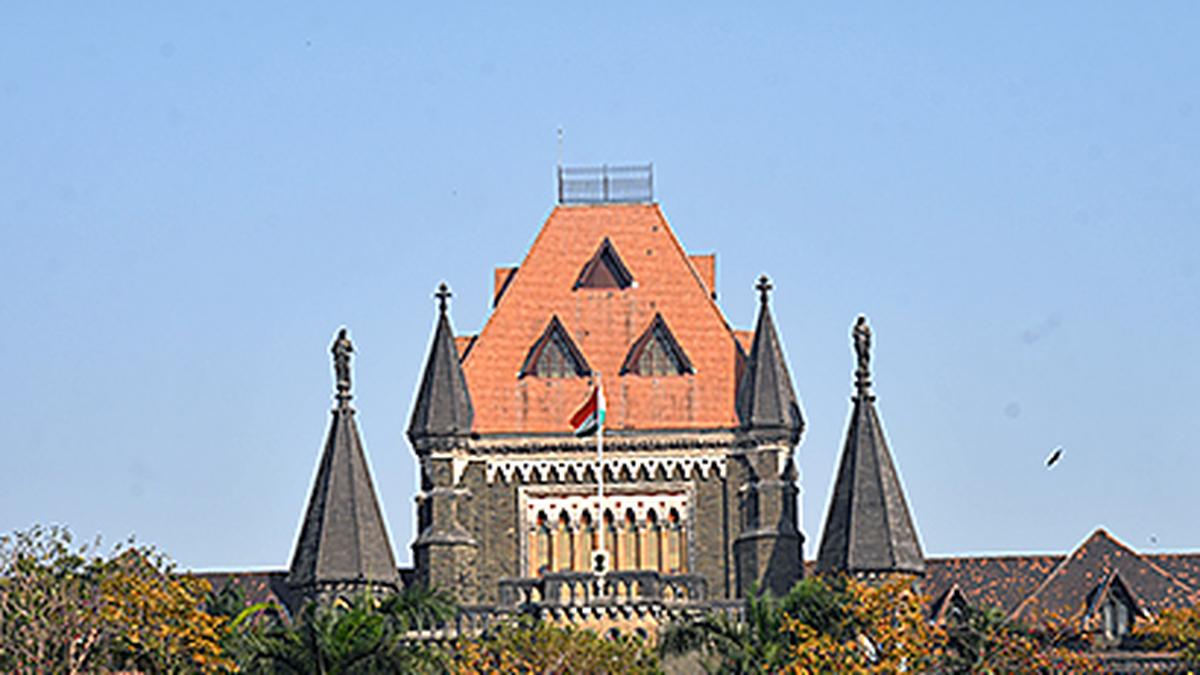
An outer view of Bombay High Court in Mumbai.
| Photo Credit: The Hindu
The Bombay High Court has come down heavily on a senior officer of the Directorate of Revenue Intelligence (DRI) for acting without legal authority in recalling a consignment of dry dates that had already been cleared by Customs. In a judgment delivered on October 8, 2025, a Division Bench of Justices M.S. Sonak and Advait M. Sethna held that the officer’s actions were “prima facie high-handed” and “not backed by law.”
Sumit Kataria, a Senior Intelligence Officer with the Directorate of Revenue Intelligence (DRI), was named as the sixth respondent in his personal capacity, following allegations that he acted arbitrarily and without legal authority in recalling a consignment of cleared goods.
The case arose from a petition filed by Make India Impex, a Mumbai-based importer, whose consignment of 56 tonnes of dry dates was cleared by the Customs Department on July 24, 2025, after due verification and payment of customs duty amounting to ₹6.3 lakh. The goods were released from the J.M. Baxi Container Freight Station (CFS) in Nhava Sheva and transported to a warehouse in Navi Mumbai.
However, later that evening, Mr. Kataria allegedly began calling the customs broker and transporter, demanding that the goods be brought back to the CFS. The petitioner claimed that the goods were forcibly returned under threat of severe action, despite having been lawfully cleared. The containers have since remained detained at the CFS.
The DRI officer justified his actions by citing intelligence received late on July 24, suggesting that the dry dates originated from Karachi, Pakistan, and were routed through Dubai to circumvent a DGFT notification dated May 2, 2025, which prohibits imports from Pakistan. Mr. Kataria claimed he acted in good faith and denied using coercion, stating that he merely “requested” the return of the goods.
The Court, however, found this explanation unconvincing. “At least prima facie, it is hard to believe that the goods were returned to the CFS solely based on a ‘request’ of the sixth Respondent,” the Bench observed. It noted that the goods had been under customs scrutiny for nearly a week before being cleared, and that the proper officer had already verified the country of origin and issued the Out of Charge order.
“The sixth Respondent, who is a senior intelligence officer, by completely ignoring the statutory order under Section 47 of the Customs Act, and without compliance with any legal provisions, has virtually forced the Petitioner or rather the Customs Brokers and the Transporters, to bring back such goods,” the Court held.
The Bench emphasised that even if the officer had received intelligence, there were legal procedures available to act upon it, including issuing a show-cause notice under Section 124 of the Customs Act. “The ends cannot always justify the means,” the Court said, adding, “Any alleged absence of malafides is no substitute for acting contrary to the law or legal procedures.”
The Court also rejected the DRI’s reliance on Section 106 of the Customs Act, which allows officers to stop and search conveyances, stating that the provision did not apply to goods already cleared by Customs.
The Court directed the Customs authorities to issue a show-cause notice within four weeks and dispose of it within six weeks of receiving the petitioner’s response. If the timeline is not met, the authorities must release the goods upon payment of a redemption fine or submission of a bank guarantee, the court said.
The Court also noted that within two weeks of the disputed consignment, the same importer had successfully cleared two similar consignments of dry dates from the same supplier and route, without any objection from the authorities.
“The rule of law requires that statutory functionaries act in accordance with the law and within the bounds placed upon the exercise of their power by the law.,” the Bench noted.
Published – October 09, 2025 03:40 am IST

